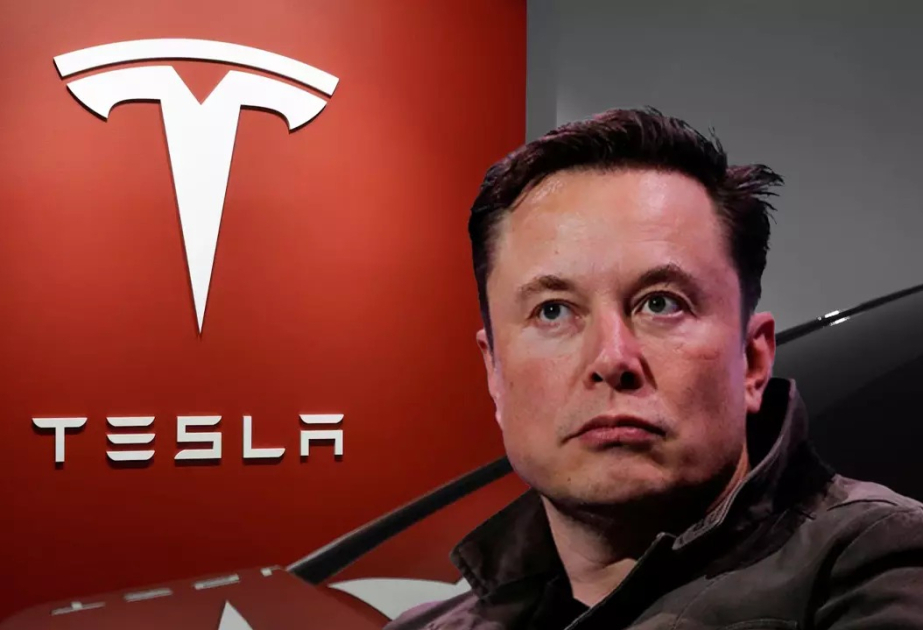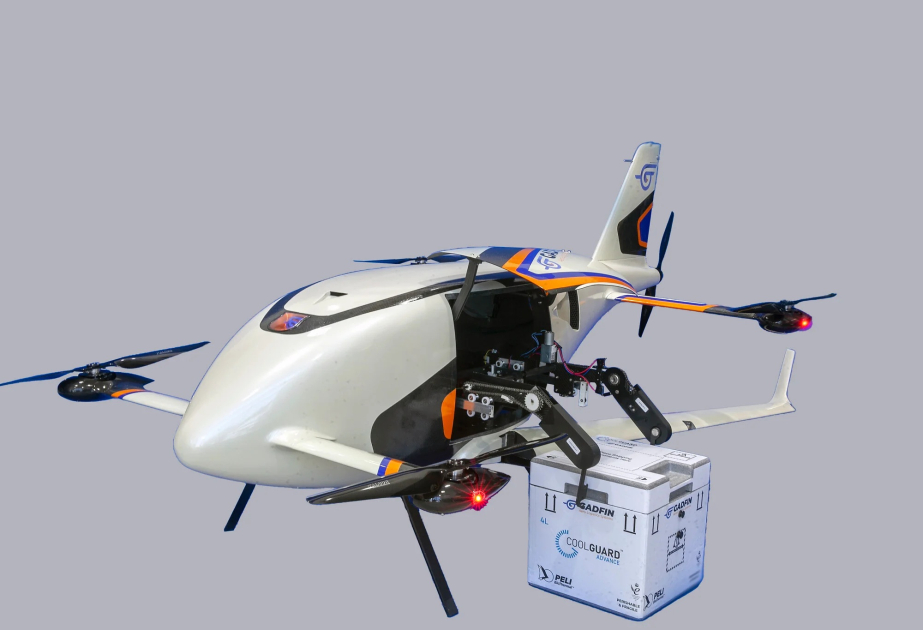Sales plummeted in Germany after the billionaire expressed his support for the far-right in the country, according to Euronews.
Sales of Tesla electric vehicles also fell in France and the UK last month.
Electric vehicle manufacturer Tesla saw car sales drop by 59% year-on-year in Germany last month, according to the country’s Federal Motor Transport Authority.
Tesla, the world’s largest EV maker which has its only European factory in Germany, registered 1,277 new cars in the country in January.
That’s the lowest monthly figure seen since July 2021.
It’s also despite the fact that Germany’s wider EV market was up 54% in January, reducing Tesla’s market share from 14 to 4%.
There are a number of factors that could have contributed to the slump in sales, according to experts.
One likely possibility is CEO Elon Musk’s rising status as a political figure and his vocal support for far-right figures.
As Germany prepares for a federal election later this month, Musk has publicly backed the far-right Alternative for Germany (AfD) party.
The group is notably campaigning for the mass deportation of migrants in Germany and is known for its eurosceptic and pro-Moscow views.
Elon Musk made a surprise appearance at an AfD event last month, telling attendees: “It’s good to be proud of German culture, German values, and not to lose that in some sort of multiculturalism that dilutes everything.”
“There is too much focus on past guilt, and we need to move beyond that,” he said - seemingly referring to Germany’s historical Nazi government.
“Children should not be guilty of the sins of their parents, let alone their great grandparents,” Musk argued.
The world’s richest man also hosted Alice Weidel, leader of the AfD, on his social media channel X last month.
Musk’s foray into German politics comes as the South African entrepreneur has cemented himself as President Donald Trump’s right-hand man in the United States, securing a role as a “special government employee”.
Musk’s mandate is to roll out the government efficiency initiative known as DOGE, a radical cost-cutting programme.
Aside from Musk’s political allegiances, experts note that the slump in Tesla sales could be linked to the manufacturer’s Model Y rollout.
It’s possible that some customers held off buying Tesla vehicles in January as they are waiting for the new Model Y, set to launch in the first half of this year.
Others suggest that inventory shortages may have contributed to the slump, after Tesla made a push to boost sales late last year.
The carmaker also saw sales drop in France and the United Kingdom last month by 63% and 12% respectively.




















